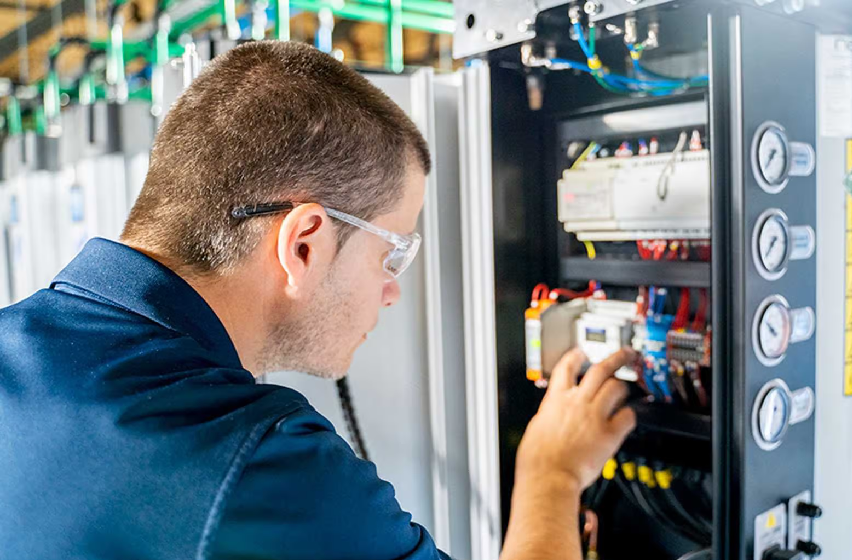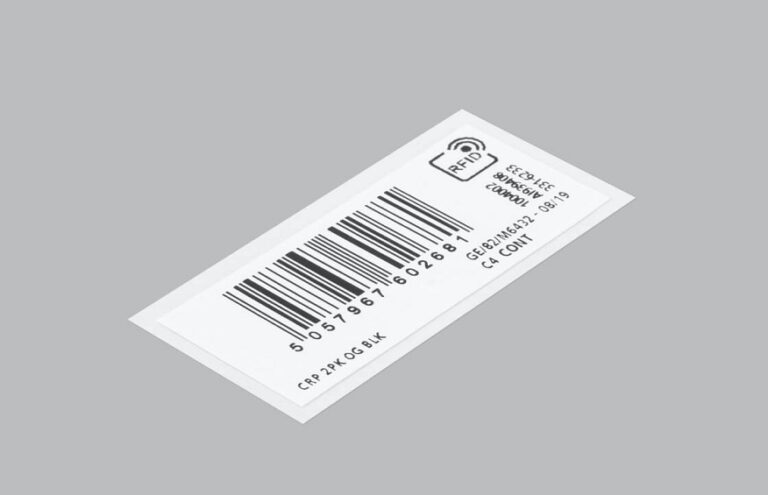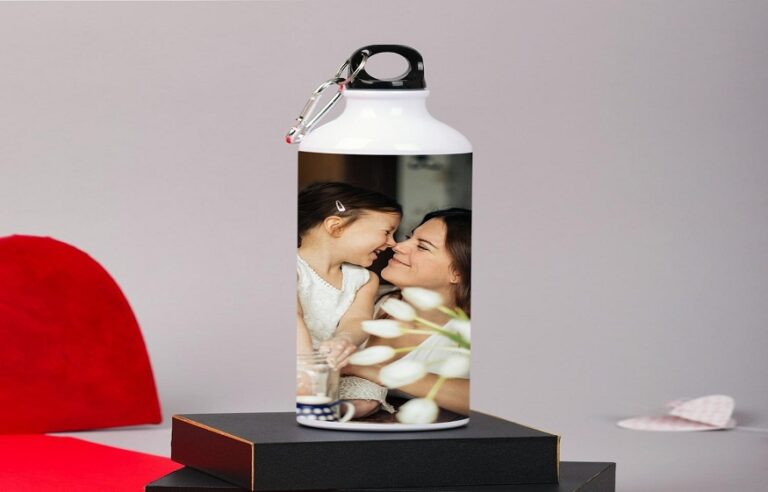Selecting the right nitrogen generation system is critical for businesses that rely on high-quality nitrogen gas. From electronics manufacturing to food processing, many industries require efficient and reliable nitrogen generation systems. In this context, understanding key factors to consider is essential in choosing a system that meets your specific needs. 10 important considerations when selecting a nitrogen generation system, ensuring that you invest in a solution that offers the best performance and value.
Nitrogen Purity Requirements
The required purity level of nitrogen is a primary consideration. Different applications demand different levels of nitrogen purity. For instance, the electronics industry may require ultra-high-purity nitrogen, whereas the food packaging industry might need lower purity levels. Understanding the specific purity requirements for your application is essential in selecting the right nitrogen generation system. Systems vary in ability to filter out impurities and provide nitrogen at the desired purity level. Therefore, assess your purity needs accurately to ensure that the system you choose can meet these specifications without excessive operational costs.
Flow Rate and Pressure Needs
Your operation’s flow rate and pressure requirements are critical in determining the appropriate nitrogen generation system. The system should be capable of delivering nitrogen at the necessary flow rate and pressure consistently. An undersized system may not meet the peak demands of your operation, while an oversized system can lead to unnecessary energy consumption and increased costs. Calculate your maximum nitrogen usage and consider any potential future increases in demand to select a system that can efficiently meet your needs now and in the foreseeable future.
Cost of Operation and Maintenance
Operational and maintenance costs are significant factors in the long-term viability of a nitrogen generation system. Evaluate the system’s energy efficiency, as this directly impacts operational costs. Additionally, consider maintenance requirements and the cost of replacement parts. Systems with lower maintenance needs and longer service intervals can significantly reduce total ownership costs. It’s important to balance the upfront costs of the system with the ongoing operational and maintenance expenses to ensure a cost-effective solution over its lifespan.
System Reliability and Durability
Reliability and durability are crucial for uninterrupted operations. Choose a nitrogen generation system from a reputable manufacturer known for producing robust and reliable equipment. Research the system’s track record in similar applications and industries to gauge its performance and durability. A reliable system minimizes downtime due to maintenance or failures, ensuring consistent nitrogen supply and protecting operational efficiency.
Installation Space and Environment
Your facility’s available installation space and environment will influence your choice of nitrogen generation system. Some systems may require a large footprint or specific environmental conditions, such as temperature control or ventilation. Assess the space available in your facility and any environmental limitations to ensure the system you select can be accommodated without extensive modifications.
System Scalability and Flexibility
Scalability and flexibility are important for adapting to changing business needs. A scalable nitrogen generation system can be expanded or upgraded to increase capacity or purity levels. This adaptability is especially valuable if you anticipate growth or changes in your nitrogen requirements. Look for systems that offer modular designs or easy integration with additional units. This ensures that your nitrogen generation solution can evolve along with your business, providing long-term value and avoiding the need for a completely new system in the future.
Compliance with Industry Standards
Compliance with relevant industry standards and regulations is a must. Ensure that the nitrogen generation system adheres to the standards set by industry bodies and regulatory agencies. This is particularly important in industries with strict quality and safety requirements, such as pharmaceuticals or food processing. Compliance ensures the safety and quality of your operations and protects you from legal and regulatory issues.
Manufacturer’s Reputation and Support
The reputation of the manufacturer and the level of support offered are key considerations. Choose a manufacturer with a proven track record in delivering high-quality nitrogen generation systems. Additionally, assess the level of technical support, customer service, and after-sales service provided by the manufacturer. Reliable customer support, including access to technical expertise, spare parts, and maintenance services, is essential for the smooth operation of your system.
Energy Efficiency
Energy efficiency is critical in minimizing operational costs and reducing your environmental footprint. Evaluate the energy consumption of the nitrogen generation system and how it aligns with your sustainability goals. More energy-efficient systems might have a higher upfront cost but can significantly save utility bills over time. Additionally, consider any available energy-saving features, such as demand-driven operation or energy recovery systems, which can further enhance the efficiency of the system.
Total Cost of Ownership
Finally, consider the total cost of ownership (TCO) of the nitrogen generation system. TCO includes the initial purchase price, installation costs, operational expenses, maintenance, and potential downtime costs. A system with a lower upfront cost but higher operational and maintenance expenses might end up being more expensive in the long run. Analyze the TCO to make an informed decision that balances upfront investment with long-term value.
Conclusion
Selecting the right nitrogen generation system requires careful consideration of various factors, including purity requirements, operational costs, system reliability, and energy efficiency. By considering these factors, you can ensure that the system you choose meets your specific needs and offers the best value. For businesses seeking the best vacuum systems, CES offers a range of solutions designed to meet the diverse needs of different industries. Explore their offerings at their website Complete Engineered Solutions and discover how their expertise in nitrogen generation can benefit your operations.

















+ There are no comments
Add yours